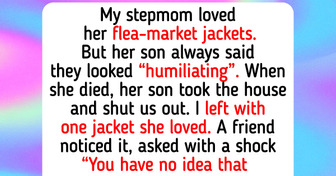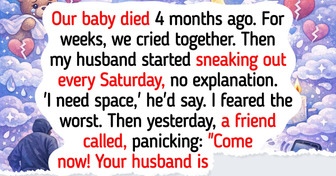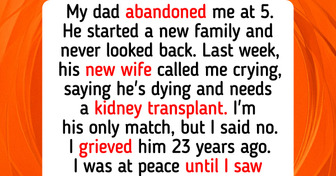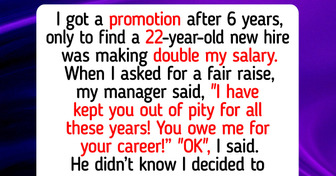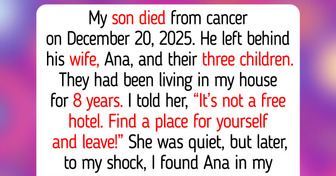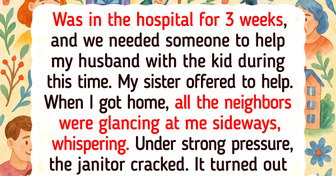My Ex Was Wasting Our Son’s College Money on His Stepdaughter

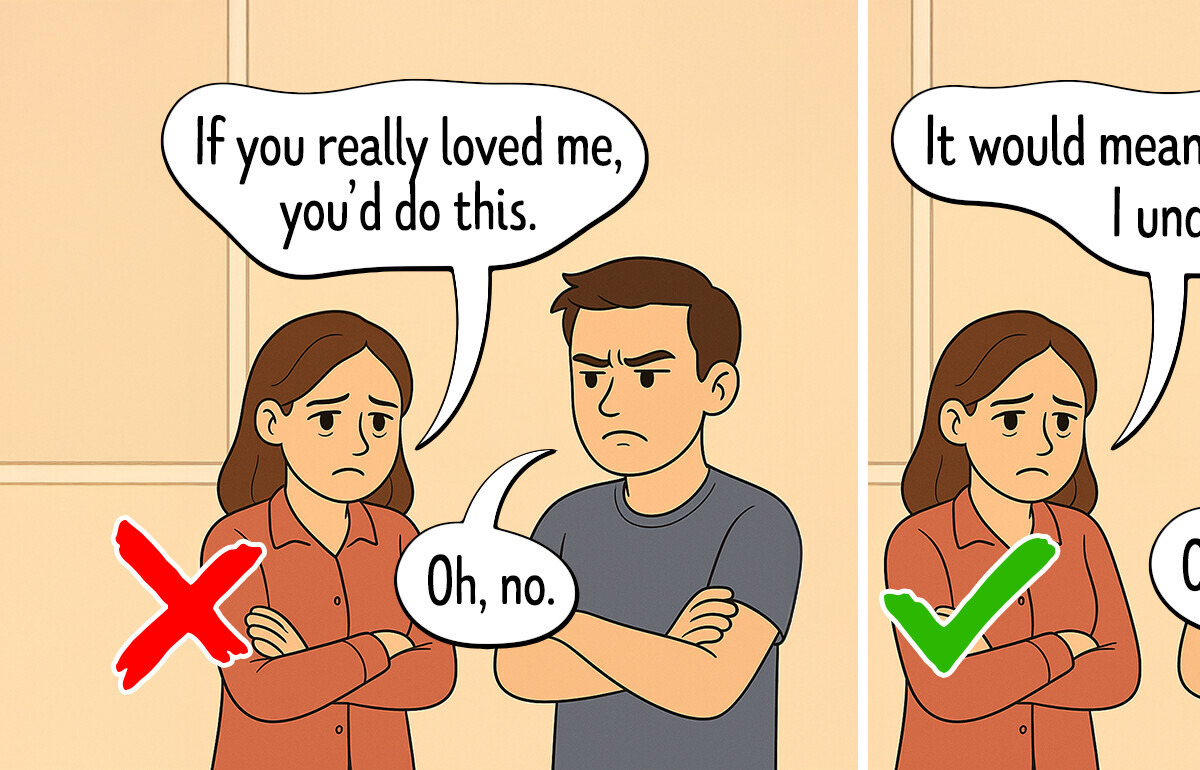
Words have power—sometimes more than we think. While we may not intend harm, certain everyday phrases can carry toxic undertones that damage relationships, undermine trust, or dismiss someone’s feelings. The worst part? We often say them without even realizing it.
Whether out of habit, frustration, or misplaced humor, these seemingly harmless lines can leave a lasting impact. Here are 6 phrases to watch out for—and what to say instead.

The phrase “You are surprisingly good at it for a woman” may seem like a compliment, but it reinforces harmful gender stereotypes by implying that competence is unexpected based on gender. A better approach is to recognize the person’s abilities directly—"Your work on this project has been top-notch" celebrates achievement without bias.
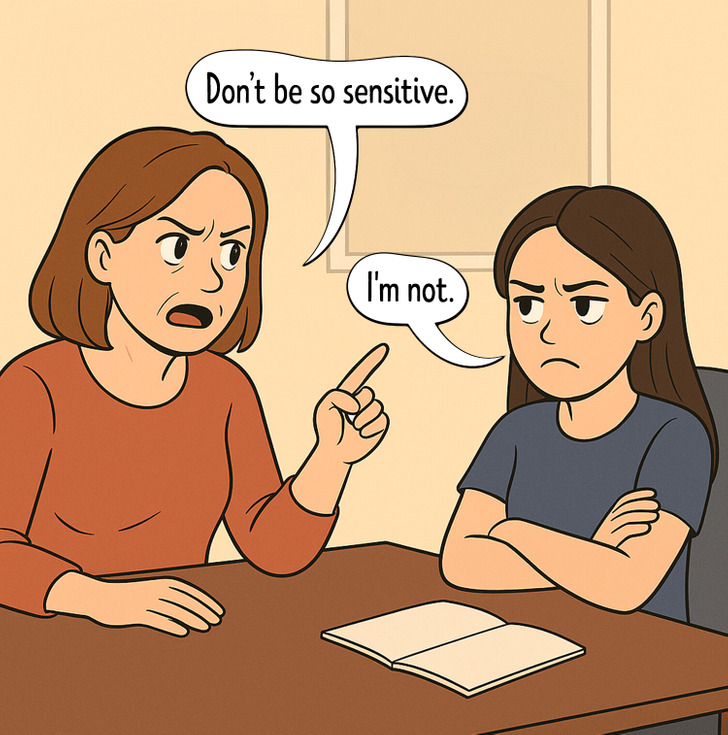
The phrase “Don’t be so sensitive” dismisses someone’s feelings and can make them feel invalidated or overly emotional. Instead of encouraging open communication, it shuts it down. A more supportive response might be, “I didn’t realize that it upset you—can we talk about it?” which fosters understanding and respect.
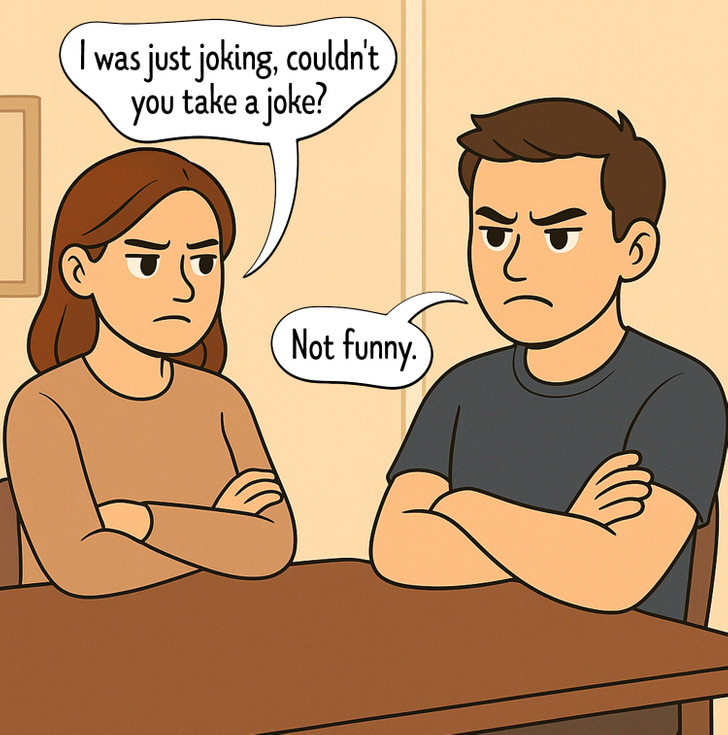
The phrase “I was just joking, couldn’t you take a joke?” shifts blame onto the other person and invalidates their feelings, often after a hurtful comment. It can come off as dismissive and deflects responsibility. A better approach is to say, “I didn’t mean to upset you—that wasn’t my intention. I’m sorry if it came across that way,” which shows accountability and empathy.
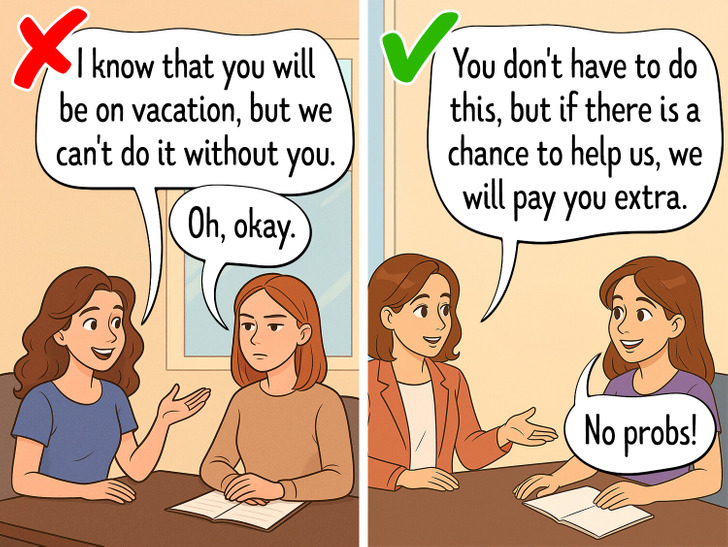
The phrase “I know that you will be on vacation, but we can’t do it without you” places pressure on someone during their personal time, making their boundaries feel disregarded. A better alternative is “You don’t have to do this, but if there’s a chance you can help us, we will pay you extra,” which acknowledges their time off, respects their autonomy, and offers fair compensation.
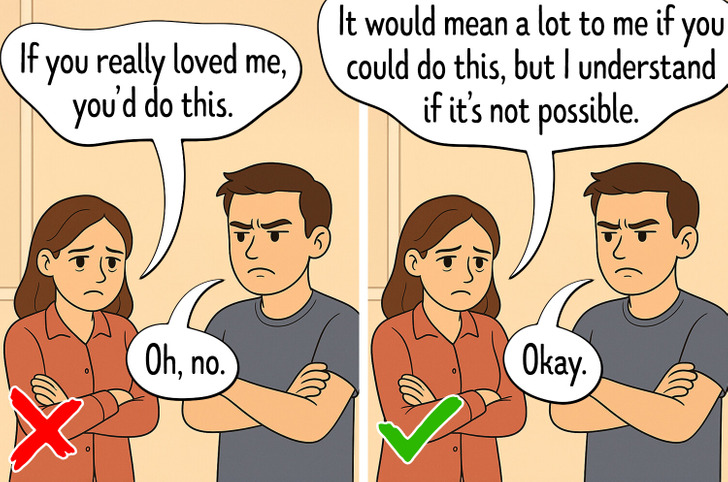
The phrase “If you really loved me, you’d do this” is emotionally manipulative, using guilt to pressure someone into action. It frames love as conditional and undermines healthy boundaries. A more respectful alternative is, “It would mean a lot to me if you could do this, but I understand if it’s not possible,” which communicates your needs without coercion.
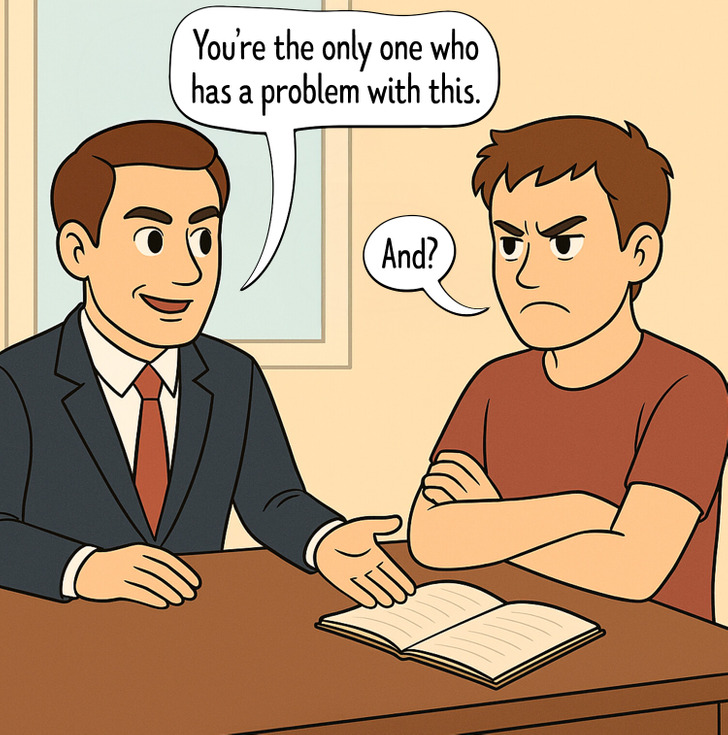
The phrase “You’re the only one who has a problem with this” isolates and undermines the speaker, making them feel like their concerns are invalid or exaggerated. It discourages honest feedback and can create a hostile environment. A more constructive response would be, “I see this is bothering you—let’s figure out why and how we can address it.”
Breaking up with a toxic friend can be even harder than ending a romantic relationship—but sometimes, it’s necessary for your peace of mind. From shared memes to borrowed hoodies, the ties may run deep, but letting go often leads to a much better life.

